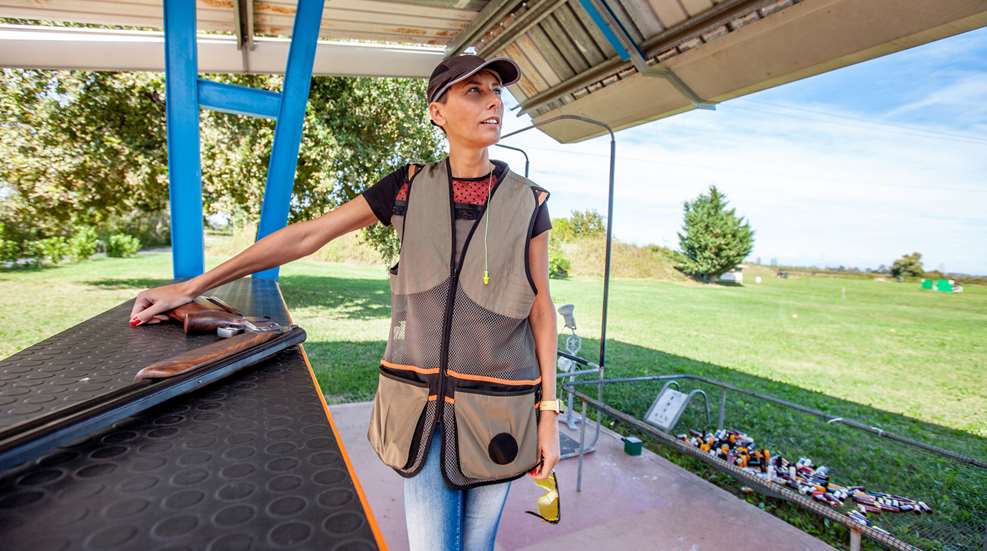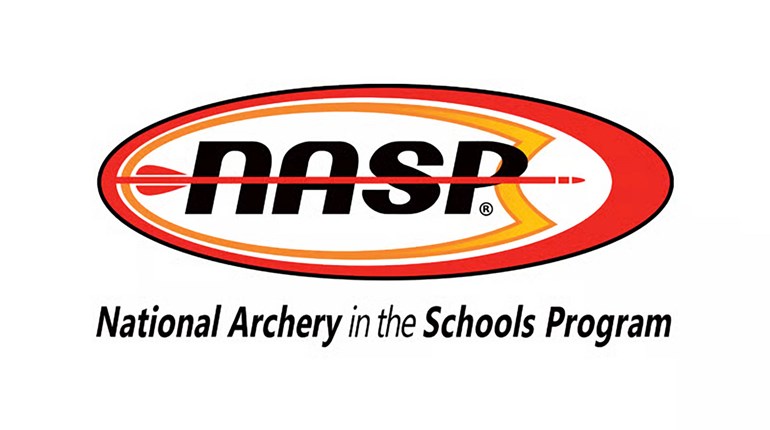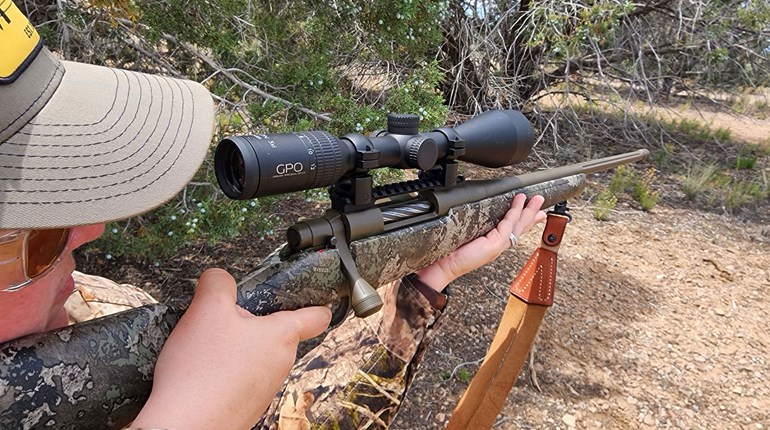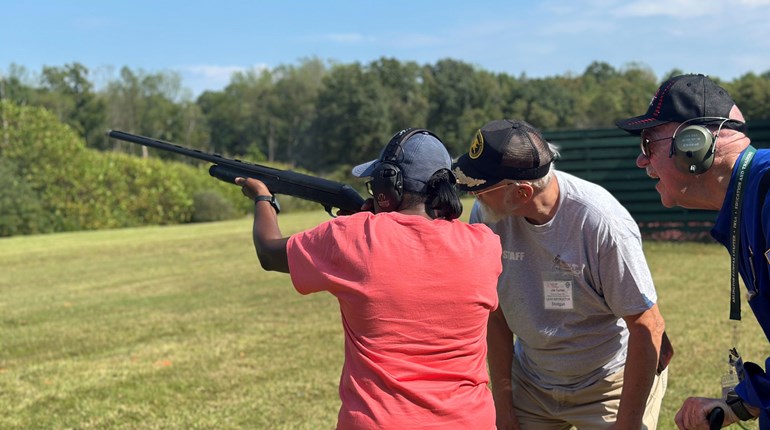
If you have kids or are often around kids, you most certainly have dealt with the “why?” phase. You know—the incessant questions. Why is the sky blue? Why did you do that? Why are we in the car? Why does ice cream melt? Why do you like wine? Some studies have measured that children can ask 300 or more questions a day. Imagine the vast amount of information their brains are trying to assimilate.
Our adult capacity for thinking and logic lead us to not only ask “why,” but to follow the question to conclusions and look for consequences. We evolve to “If-then” reasoning, i.e., If it rains today and the temperature drops tonight, then the roads might become icy and therefore could make for dangerous driving conditions. This ability to reason and attempt to predict outcomes is essential to our survival and success. But imagine if the questions come at 300 or more per day like an assault without answers? Negative “what if” thinking can interfere with our performance instead of enhance it. “What if I can’t get a clear shot? What if I miss? What if I jerk the trigger? What if someone sees me mess up this shot?”
When it comes to shooting, we need our “If-then” thinking to make decisions. If-then thinking can help us make critical moment-by-moment decisions. For example, if you are watching a big 12-point buck walking toward your area, you need to be able to decide on the best shot opportunity. Do you take the shot as soon as you see him for fear that he will get wind of you and run? Or do you wait for him to come closer or step out into a clearing to give you the advantage of your best shot? We need to be able to process these decisions without distracting us too much from the focus and concentration it takes to actually use the rifle or bow to make a clean shot.
The excitement of the hunt and the sight of a buck can be very distracting. Adrenaline starts to enter the system and we begin to experience muscle tension, faster respiration, faster heartbeats, and higher blood pressure. It is only natural that our brains are also affected by that same rush of excitement. Without training and self-discipline, the brain can become unfocused. If this occurs, your propensity for mistakes increases greatly. Add to the mix some “what if” thinking and we can have major distraction from the business at hand.
As a child, for the most part, we did not worry so much about making mistakes and having to fail many times before finding success. We have to learn from scratch as children, and that often takes time and many attempts. We are also not negatively judged as children when we fail (hopefully) because it is expected that there will be a learning curve. As we get older, self-judgement comes into play and we start to expect fewer failures.
For those of us plagued with anxiety and performance anxiety, “what if” thinking is our enemy. To banish “what if” negative thinking and increase our focus on the tasks at hand, we must train ourselves to quiet the thoughts and focus. Imagine if the “what ifs” that we tell ourselves were said to us by someone else. We would get really tired of that someone following us around all day whining about what if this and what if that. I tend to be very patient with others, but it would not take long before I’d be complaining to them to shut up already. If we would not let someone else treat us that way, why would we be doing it to ourselves? So how do we stop it?
Step 1: Learn to identify when the “what if” thinking starts by writing down and familiarizing yourself with those thoughts so you can recognize them on the fly.
Step 2: Tell your “what if” thinking that what it is saying is not interesting to you, nor is it based in reality, and demand it “go away.”
Step 3: Replace “what if” with “what I will do." For example, “What I will do” is focus on my breathing. What I will do is identify my target. What I will do is ….
Step 4: Maintain your focus by grounding yourself in your intentions. “I intend to make the most accurate and successful shot."
Step 5: Revisit Step 3.
The steps need to be repeated until they are habitual. When the hunt starts to get intense, and the adrenaline starts to flow, it should be your immediate cue for your process of focus and controlling thoughts
About the Author: Samantha Mann, MA, is a WV Licensed Psychologist, Licensed Professional Counselor WV, and Nationally Certified Counselor. Raised in West Virginia, Samantha was the youngest of six grandchildren (and the only female) who were raised to love the outdoors and hunting. She has hunted from Texas to Africa, and believes that while Superman gets his power from the sun, her power comes from the outdoors. Samantha lives in southern West Virginia with her supportive husband, who doesn’t mind showing off her trophies to his buddies. She balances her time in the office helping others with time in the outdoors, focusing much of her career on helping children and adults who have been abused, neglected and mistreated.















































